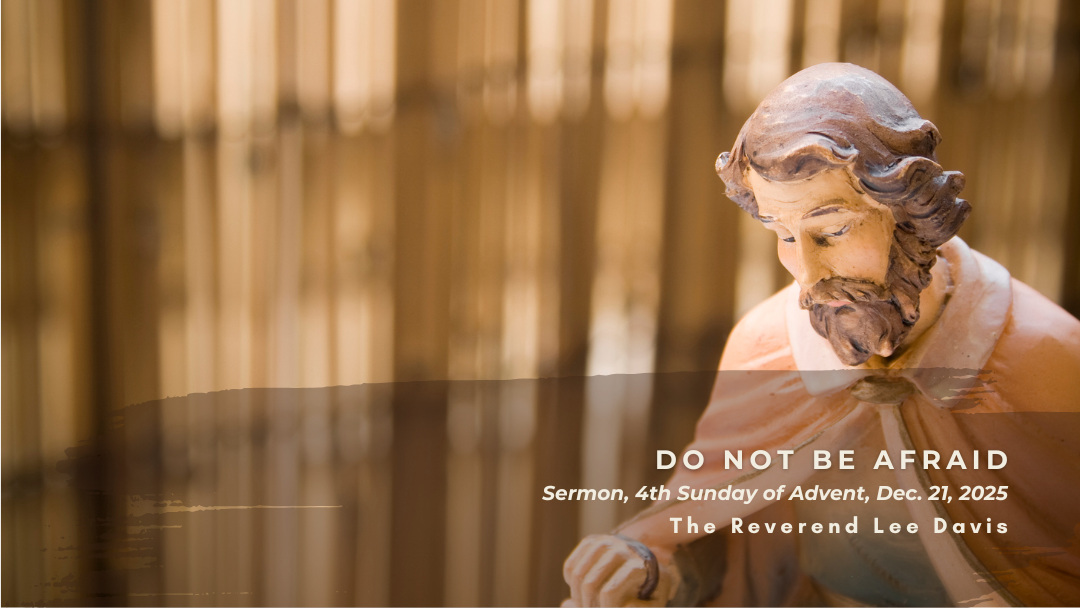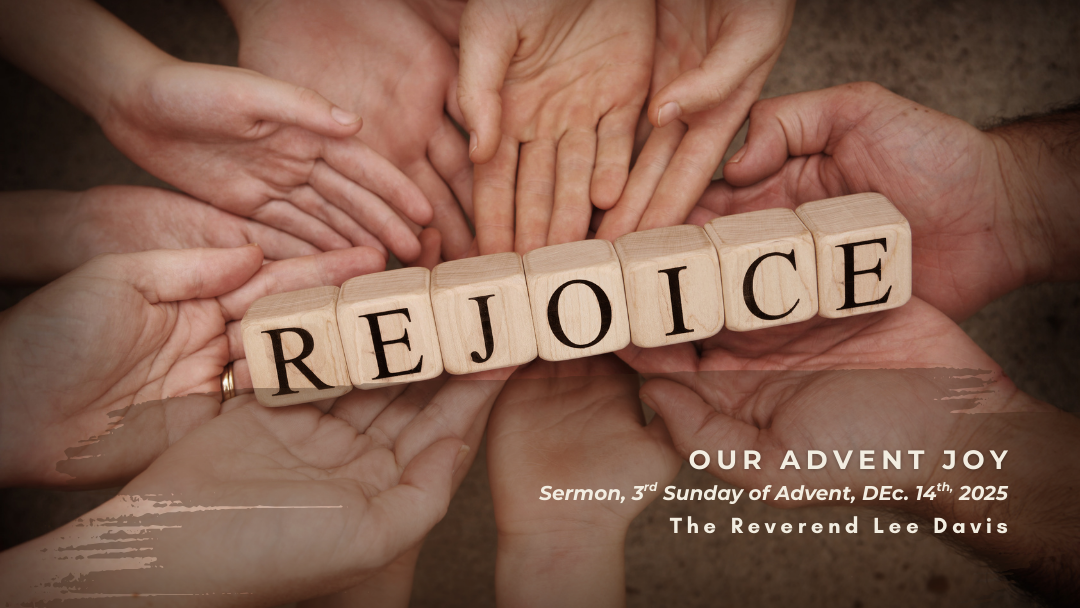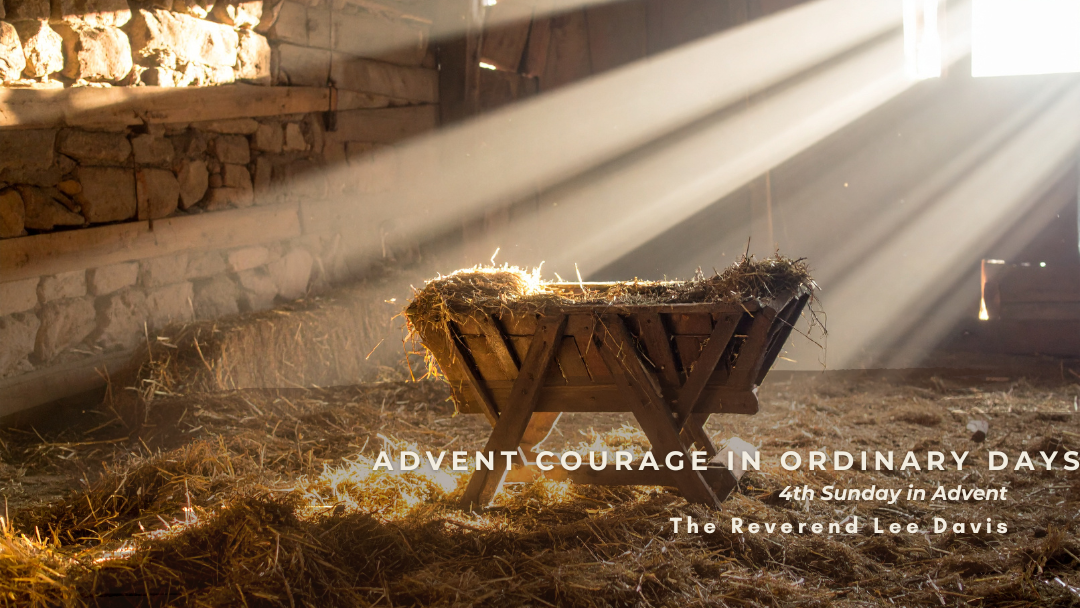Loving Others in a Digital Age
How Luke 6:27-38 Guides Our Conversations Online and in Politics
"But I say to you that listen, Love your enemies, do good to those who hate you, bless those who curse you, pray for those who abuse you." —Luke 6:27-28 (NRSV)
In our increasingly polarized world, where conversations—especially on social media—can quickly turn hostile, Jesus’ words in Luke 6:27-38 feel both challenging and necessary. We live in a time when political discourse is often defined by division, outrage, and the temptation to dehumanize those with whom we disagree. As followers of Christ, how can we apply his radical command to love our enemies in our digital interactions and political conversations?
1. Choosing Love Over Contempt
Jesus calls us to love, not just those who agree with us, but also those who oppose us. Online spaces often encourage the opposite—shaming, mocking, and silencing those we see as ideological enemies. But love is not about winning arguments or proving a point; it is about seeing the image of God in another person. Before responding to a post or comment that angers us, we can pause and ask: Am I responding with love? Am I treating this person as a beloved child of God?
2. Doing Good, Even When It’s Difficult
It’s easy to return insult for insult, but Jesus calls us to a higher standard: “Do good to those who hate you.” (Luke 6:27). In the realm of politics, this might mean refusing to engage in name-calling, resisting the urge to share misleading information about opponents, or even reaching out to those with whom we disagree to seek understanding rather than division. Doing good does not mean avoiding difficult conversations, but it does mean engaging with honesty, integrity, and a willingness to listen.
3. Blessing, Not Cursing
Social media thrives on outrage. Posts that are angry or controversial tend to get the most engagement. But Jesus invites us to a different approach: “Bless those who curse you, pray for those who abuse you.” (Luke 6:28). Instead of reacting with hostility, we can commit to praying for those who anger us, not in a condescending way, but in a way that sincerely seeks their well-being. What would happen if, instead of writing off those we disagree with, we genuinely prayed for them? Not that they would be proven wrong, but that they would experience God’s love and guidance just as we hope to.
4. Practicing the Golden Rule in Our Discourse
Luke 6:31 reminds us, “Do to others as you would have them do to you.” If we desire to be understood, respected, and heard, then we must extend that same grace to others. This doesn’t mean compromising on truth or ignoring injustice, but it does mean engaging in ways that reflect the character of Christ—seeking common ground where possible and speaking truth in love.
5. Radical Generosity in Our Interactions
Jesus’ words about generosity in Luke 6:35-38 are often interpreted in financial terms, but they can also apply to how we engage in conversations. Are we generous in assuming good intentions? Are we willing to give the benefit of the doubt rather than assuming the worst? Are we quick to forgive and slow to take offense? The measure we use—whether in judgment, patience, or mercy—will be measured back to us.
Living as Christ’s Witnesses Online and in Politics
In a time of division, followers of Christ have an opportunity to witness to the Gospel by how we engage in public discourse. Loving our enemies does not mean agreeing with them, nor does it mean remaining silent in the face of injustice. It does mean that our words and actions should reflect the love, mercy, and grace of Christ.
So before we send that tweet, post that comment, or engage in that debate, let’s ask ourselves: Am I living out the love of Christ in this moment? Our words have power—let’s use them to build up rather than tear down, to seek reconciliation rather than destruction, and to love as Christ first loved us.













